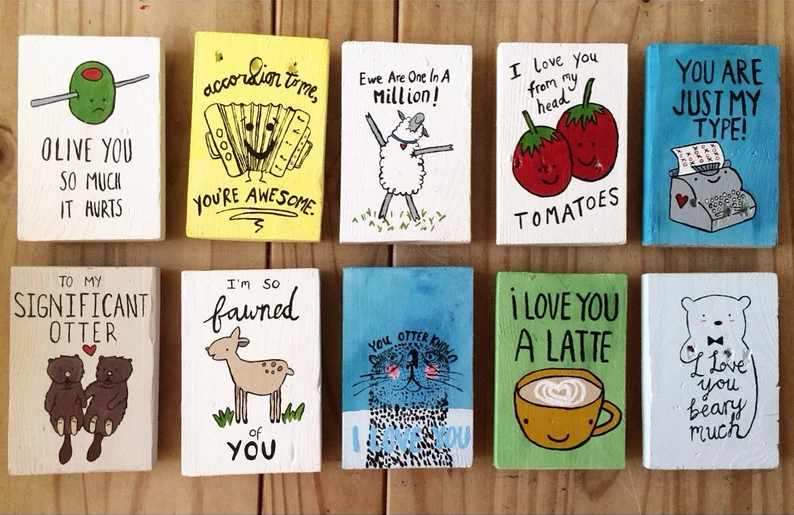Writing Tips
How to Write a Love Poem
Love poems have tried to capture the essence of love since the dawn of poetry itself. Because love is a highly personal and variable experience, no two love poets will…
Read MoreThe Importance of Word Choice in Writing
All strong writers have something in common: they understand the value of word choice in writing. Strong word choice uses vocabulary and language to maximum effect, creating clear moods and…
Read MoreWhat is the Oxford Comma? Examples and How to Use It
Anyone who’s been on the internet or listened to Vampire Weekend has heard of the oxford comma. This small, specific punctuation mark has received outsized attention and a meme-like status,…
Read MoreCreative Writing Classes for Adults: Everything to Know Before You Enroll
There are hundreds of creative writing classes for adults, both online and in a city near you. Adult learners looking to work on their writing skills will find no shortage…
Read MoreHow to Write Flash Fiction Stories
Like a lightning strike, flash fiction stories can be over in an instant—radically altering the terrain of the reader’s imagination. These bite-sized stories take a lot of style, skill, and…
Read MoreHow to Write a Poetry Book and Get It Published
Writing a poetry book requires courage, stamina, and a lot of patience with yourself. The poetry book ranks at the top of many poets’ to-do lists, but getting a manuscript in…
Read MoreWord Play: Examples of a Play on Words
It goes without saying that writers are drawn to language, but because we love words so much, the English language is filled with word play. By interrogating the complexities of…
Read MoreHow to Come Up With Story Ideas
How do writers develop good story ideas? Sometimes, coming up with a story idea is the hardest part about writing fiction. Figuring out what to write about can be frustrating,…
Read MoreHow to Set SMART Writing Goals for 2024
Happy 2024! We hope this year will be full of writing for you—and if you’re like us, you’ve even got writing goals among your New Year’s Resolutions. One thing to…
Read MoreCinquain Poetry: How to Write a Cinquain Poem
A cinquain is a stanza composed of five lines, which makes a cinquain poem a poem composed of five-line stanzas. These short poems are the perfect length to find insight…
Read More









